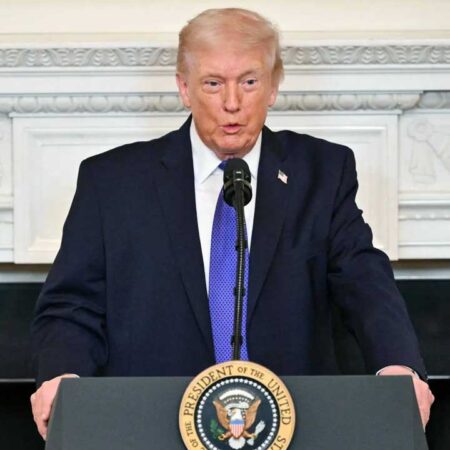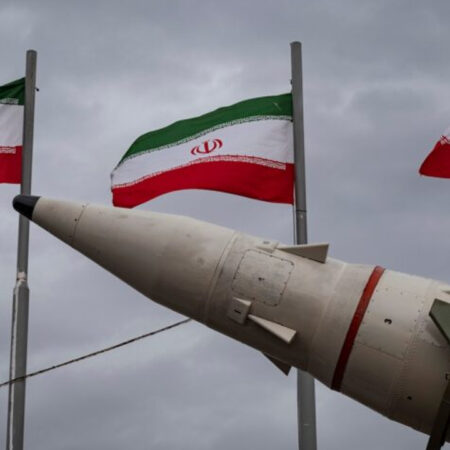The UK Parliament has warned that the longstanding Kashmir conflict between India and Pakistan poses a serious risk of nuclear escalation and has called for renewed diplomatic engagement and dialogue between the two nations. The British government has also been urged to play a more active and balanced role in resolving regional tensions while highlighting ongoing human rights concerns.
According to a report published by Dawn, this appeal comes from the House of Commons Foreign Affairs Committee in a new report examining the UK’s strategic policy towards South Asia.
The committee expressed deep concern over the deteriorating situation in Indian-administered Kashmir since August 2019, when the Indian government revoked Article 370 of its constitution, stripping the region of its special autonomous status.
The report cites increased military presence, restrictions on civil liberties, curbs on press freedom, and arbitrary detentions as contributing to a significant decline in democratic rights in the region.
Human Rights Monitoring Urged on Both Sides of LoC
The committee also assessed governance in Azad Jammu and Kashmir (AJK) and Gilgit-Baltistan, noting that conditions there differ from those in Indian-administered Kashmir. Nonetheless, it expressed ongoing concerns over limited democratic representation and constitutional rights.
The report urged the British government to continue monitoring the human rights and political conditions on both sides of the Line of Control (LoC) and to make full use of its diplomatic channels and historical ties with both New Delhi and Islamabad to promote dialogue.
While the UK maintains that the Kashmir issue must be resolved bilaterally between India and Pakistan, the report emphasized that this should not prevent the UK from voicing concerns over human rights violations.
The MPs also called on the Foreign, Commonwealth & Development Office (FCDO) to press both countries to allow greater access to international observers, including British parliamentarians and diplomats, to the disputed territories.
Balanced Diplomacy and Engagement with Diaspora
The report recommends that the UK adopt a balanced strategy that fosters equal engagement with both governments while avoiding any perception of bias. It also emphasizes that British diplomacy should remain grounded in core values such as democracy, rule of law, and human rights.
In addition, the committee suggested that the British government pay close attention to the views of the UK’s Kashmiri diaspora, address their concerns, and use its influence to promote peace and reconciliation in the region.
Titled “India and Pakistan: The UK’s Strategy in the 2020s”, the 42-page report is part of a broader review of the UK’s foreign policy priorities. It reflects growing concern in Parliament over rising authoritarian trends in parts of South Asia and the potential consequences of prolonged regional conflicts.
Acknowledging the sensitivity of the issue, the committee argued that the UK cannot remain passive in the face of increasing instability in Kashmir. It concluded that cautious yet principled diplomacy, consistent human rights monitoring, and a willingness to maintain relations with both sides can enable the UK to play a constructive role.
The British government is expected to issue an official response to the committee’s recommendations in the coming months.
India’s Aggressive Posture Criticized
According to Pakistan’s official news agency APP, the committee also criticized India’s aggressive stance, warning that the Kashmir dispute could spark a nuclear conflict. The report emphasized that the unresolved conflict with Pakistan poses a significant threat to regional security and could potentially escalate into a nuclear confrontation.
The report highlights the opposing positions of the two countries: while India advocates bilateral negotiations, Pakistan favors international mediation under UN resolutions.
It also noted that India has used a suspicious incident in Kashmir to justify military action against Pakistan — an act described in the report as a threat to regional peace.
Moreover, the report accuses India of obstructing a resolution to the Kashmir conflict by disregarding UN directives, and it criticized the broader international community — particularly the U.S. and the UK — for their inaction.
In contrast, the report praised Pakistan’s response during recent tensions as “responsible, patient, and within the bounds of international law.”












No Comment! Be the first one.